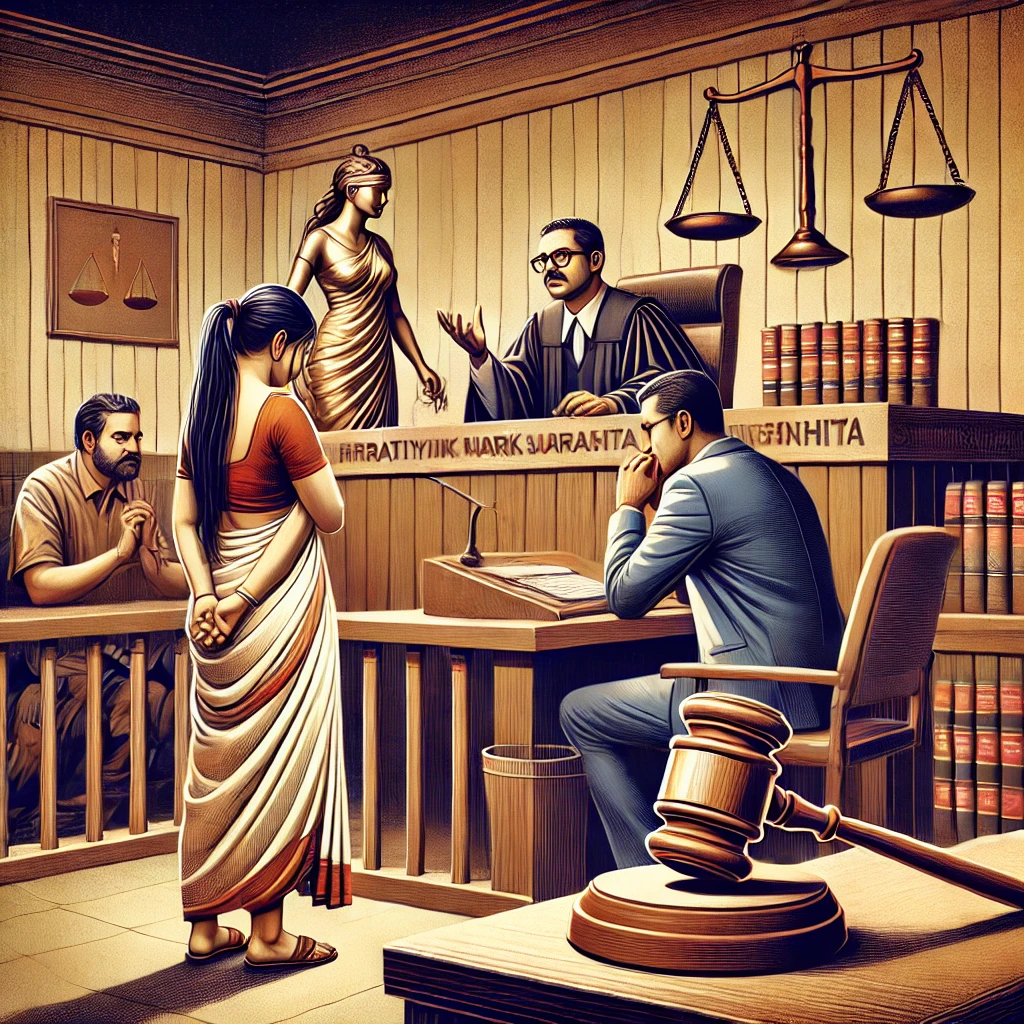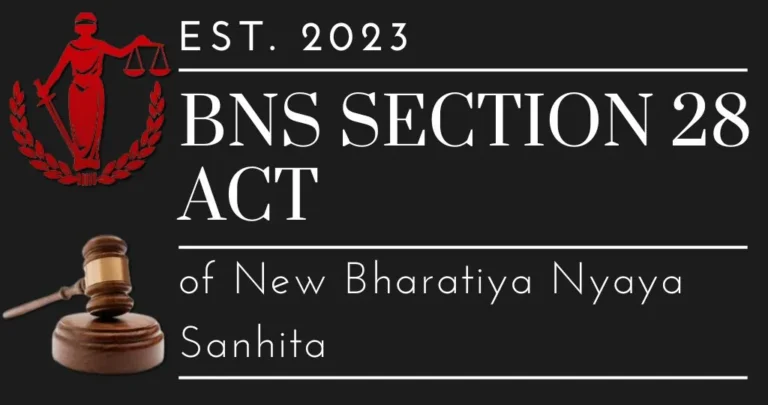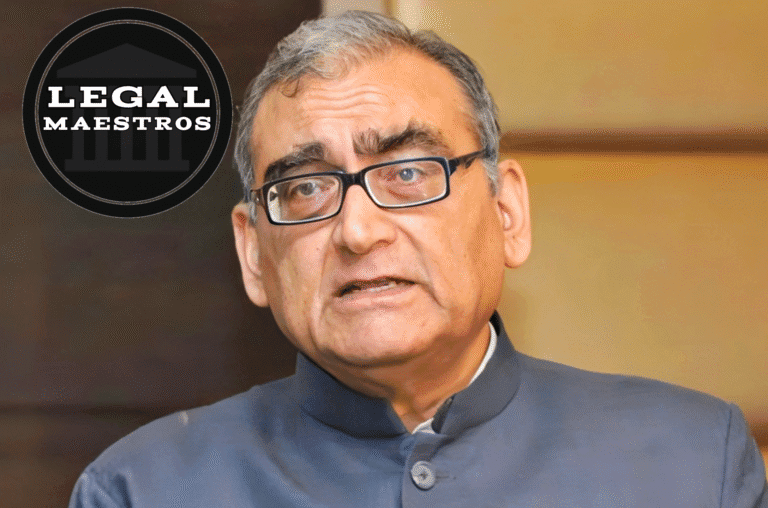
Prosecution for Offences Against Marriage under the Bharatiya Nagarik Suraksha Sanhita, 2023: A Detailed Guide
Prosecution of Offences Against Marriage under the Bharatiya Nagarik Suraksha Sanhita, 2023: An In-Depth Guide
The Bharatiya Nagarik Suraksha Sanhita, 2023, that substituted the Criminal Procedure Code (CrPC), prescribes the legal procedure for prosecuting violations of marriage, under Sections 81 to 84 of the Bharatiya Nyaya Sanhita, 2023. These sections describe in detail the procedure of handling such cases with emphasis on who can report such complaints and in what manner. The Sanhita lays down strict procedural requirements to uphold the rights of weak parties while ensuring that justice is administered.
Section 219(1): Cognizance of Offences Against Marriage
For More Updates & Regular Notes Join Our Whats App Group (https://chat.whatsapp.com/DkucckgAEJbCtXwXr2yIt0) and Telegram Group ( https://t.me/legalmaestroeducators ) contact@legalmaestros.com.
The court can take cognizance under Section 219(1) of offences that pertain to marriage (to be precise under Sections 81 to 84 of the Bharatiya Nyaya Sanhita, 2023) only when such a complaint has been filed by the aggrieved party. The implication is that no one besides the party involved in the offence can make such a complaint in the absence of special circumstances.
Example: In a cruelty under Section 81, the directly affected wife has to lodge the complaint herself. But where she cannot do it because of some conditions, other provisions of Section 219 come into play, which permit a representative to complain on her behalf.
Special Provisions for Vulnerable Individuals (Proviso to Section 219(1))
There are some exceptions under which a complaint can be lodged by someone other than the aggrieved party:
Children, Person of Unsound Mind, or Intellectual Disability: If the victim is a child, a person of unsound mind, or has an intellectual disability, another person may approach the court with an application to file the complaint.
Women Bound by Local Mores: If a woman, in terms of local mores or customs, cannot venture out into the public (for example, in the case of a woman practicing purdah), then another individual can bring the complaint on her behalf, once again with leave of court.
Illustration: A mentally disabled young girl is subjected to cruelty by her husband. Her father, with the leave of the court, can make a complaint on her behalf since she is unable to do so.
Provisions for Armed Forces Personnel (Clause (b) of Proviso)
For More Updates & Regular Notes Join Our Whats App Group (https://chat.whatsapp.com/DkucckgAEJbCtXwXr2yIt0) and Telegram Group ( https://t.me/legalmaestroeducators )
Where the aggrieved person is the husband and is in the Armed Forces under circumstances that do not allow him to get leave to present a complaint, it may be presented by another person with his authority. The commanding officer should confirm that the husband cannot secure leave of absence to present the complaint.
The authority must be in writing, signed by the husband, and countersigned by the commanding officer.
Example: A soldier victim of fraud or breach of trust by his wife cannot take leave from duty to lodge a complaint. On his written consent, a relative or friend may lodge the complaint on his behalf if the commanding officer certifies that leave cannot be granted.
Section 219(1)(c): Provisions for the Wife’s Relatives
When such an offence under Section 82 (adultery) is committed against a wife, the law permits her father, mother, brother, sister, son, daughter, or other near relatives to lodge a complaint in her behalf. With the leave of the court, even others related by blood, marriage, or adoption can do so.
Example: A wife whose husband is guilty of adultery might not like to prosecute him in public for fear of social stigma. Her brother or father can then bring the complaint on her behalf in this case, relieving her of the burden.
Guardianship in Cases Involving Minors or Persons of Unsound Mind (Section 219(3))
If the one complaining on behalf of a child or an insane person is not the legally appointed guardian, the court shall inform the real guardian prior to the grant of permission to present the complaint. The guardian is also provided with an opportunity to be heard in court.
Example: A child who is a victim of cruelty from a step-parent might have a relative, e.g., an aunt, who is prepared to complain. The court, however, will first alert the legally appointed guardian (if any) and will give them an opportunity to advance their opinions.
Authorisation by Husband in Armed Forces (Section 219(4) and (5))
When a husband in the military authorizes a third party to lodge a complaint on his behalf, the permission should be done in writing and signed by the husband and verified by his commanding officer. Such a document will be presumed to be valid except when it is proven otherwise and should clearly specify that the husband is aware of the charges levelled against him.
Example: A naval officer on board at sea cannot personally complain against his wife for desertion. He sends written consent, countersigned by his commanding officer, authorising his brother to make the complaint on his behalf.
Time Limit for Complaints Relating to Sexual Offences (Section 219(6))
Section 219(6) provides for sexual offenses under Section 64 of the Bharatiya Nyaya Sanhita, 2023, where the offence is of a man who has had sex with his under-18 wife. If the offence has taken place more than a year back, no court can take cognizance.
Example: A woman, aged 17 at the time of the occurrence, comes to know after two years that she can complain against her husband for having sexual intercourse with her when she was below 18 years of age. Sadly, according to law, she would be disqualified from making the complaint since over one year has elapsed.
Application to Abetment or Attempt to Commit Offences (Section 219(7))
The provisions under this section apply equally to persons who have abetted or attempted to commit an offence. That implies that anyone who has assisted in the commission of an offence or attempted to commit an offence under Sections 81 to 84 will be treated equally.
Example: Where a relative helps a husband to commit bigamy (an offence under Section 84), the relative may be prosecuted as well under the same procedural provisions herein.
Conclusion
The Bharatiya Nagarik Suraksha Sanhita, 2023, in its special provisions under Section 219, is intended to protect the rights of victims of offences against marriage. It makes sure that only individuals with a genuine interest in the case are able to make complaints and that exceptions are made for vulnerable persons, military personnel, and specific family members. These safeguards are put in place to make sure that justice is available to everyone while ensuring that the need to respect personal relationships and cultural sensitivities is maintained.
This legal framework sets a well-defined and clear procedure, promoting justice and protection of wronged persons without the risk of abuse of the law.





